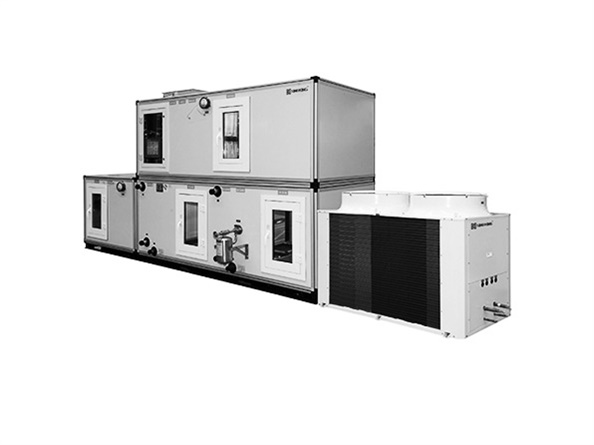Precision Control for Industrial Processes: Unveiling the Power of Industrial Thermostats
In the realm of modern industry, where efficiency and accuracy are paramount, industrial thermostats play a crucial role. These unassuming devices are the silent guardians of temperature control, ensuring smooth operations and optimal performance in a wide range of industrial applications. The importance of temperature control in industrial processes cannot be overstated. From manufacturing and chemical processing to food and beverage production, maintaining the right temperature is essential for product quality, process stability, and safety. Industrial thermostats are the key to achieving this precision control.

One of the key features of industrial thermostats is their accuracy. These devices are designed to measure and control temperature with a high degree of precision, often within a fraction of a degree. This is crucial in applications where even small variations in temperature can have a significant impact on the outcome of the process. Another important aspect is their reliability. Industrial thermostats are built to withstand the harsh conditions of industrial environments, including extreme temperatures, vibrations, and dust. They are designed to operate continuously for long periods without failure, ensuring uninterrupted production. Industrial thermostats also offer a wide range of control options. They can be programmed to maintain a specific temperature setpoint, or they can be adjusted to respond to changes in process conditions. Some thermostats even have advanced features such as programmable logic controllers (PLCs) and remote monitoring capabilities, allowing for greater flexibility and control. In addition to temperature control, industrial thermostats can also provide other benefits. For example, they can help to reduce energy consumption by optimizing heating and cooling processes. By maintaining the right temperature, thermostats can prevent overheating or undercooling, which can lead to wasted energy. Another advantage is improved safety. In some industrial processes, high temperatures can pose a significant risk of fire or explosion. Industrial thermostats can help to prevent these hazards by ensuring that temperatures remain within safe limits. As industries continue to evolve and become more complex, the demand for advanced temperature control solutions is growing. Industrial thermostats are constantly being improved and refined to meet these needs. New technologies such as digital displays, wireless connectivity, and smart sensors are being incorporated into thermostats to provide even greater accuracy, reliability, and control. For example, digital thermostats offer easier programming and more precise temperature control than traditional analog thermostats. Wireless connectivity allows for remote monitoring and control, enabling operators to adjust temperatures from anywhere. Smart sensors can detect changes in temperature and adjust the thermostat automatically, providing even more efficient temperature control. In conclusion, industrial thermostats are an essential component of modern industrial processes. Their accuracy, reliability, and control options make them indispensable for maintaining optimal temperature conditions and ensuring efficient and safe operations. As technology continues to advance, we can expect industrial thermostats to become even more sophisticated, providing even greater benefits to industries around the world.
 Environmental yearning for sew
Environmental yearning for sew
 Improvement of sewage treatmen
Improvement of sewage treatmen
 Environmental protection refor
Environmental protection refor
 Environmental protection techn
Environmental protection techn


